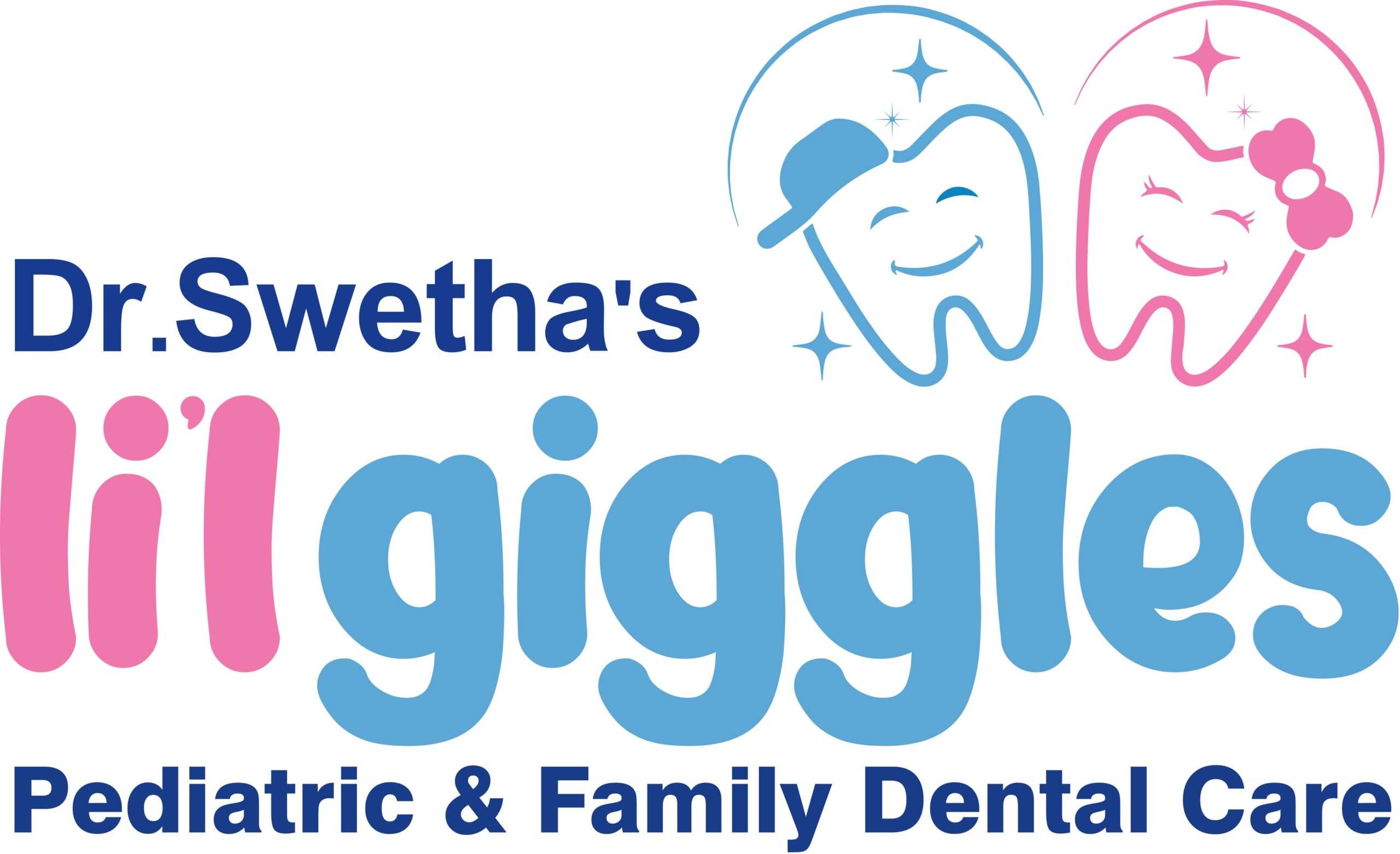Bottle nursing caries is a scary term for new parents, but understanding it can help keep your infant’s teeth healthy. Known also as early childhood caries or nursing bottle syndrome, this condition affects young children but can be prevented with timely action. Recognizing the risks early on can significantly improve your child’s oral health. It’s crucial to apply prevention strategies to avoid coming to the stage where nursing bottle caries treatment is necessary. Let’s explore how knowing more about this condition can help foster lifelong healthy habits.
Unveiling Bottle Nursing Caries
Bottle nursing caries, sometimes called nursing bottle caries, is tooth decay in young children, often triggered by prolonged exposure to sugary drinks. These drinks can include milk, formula, or fruit juice. Infants and toddlers, typically below four years of age, are most prone to this kind of dental issue. Understanding this condition is crucial for parents as it primarily impacts baby teeth, which are essential for eating and speaking. Addressing it early can help prevent complex dental needs, like nursing bottle caries treatment, down the road.
The Mechanism of Development: How Does Bottle Nursing Caries Occur?
This dental issue emerges when teeth are regularly exposed to sugary liquids, which promote bacterial growth, leading to decay. A common cause includes leaving a child with a bottle overnight. This constant contact with sugary substances, even breast milk, encourages the development of bacteria, which damage the teeth.
Bottle nursing caries is also heightened by habits such as letting children walk around with a bottle or sippy cup. Extended use of these containers can cause teeth to bathe in sugar throughout the day. Consistently applying these practices can escalate simple decay into more severe dental issues, like rampant caries. By understanding these factors, parents can adjust feeding routines to minimize risks and avoid the need for treatment for nursing bottle caries.
Identifying Signs and Symptoms
Keep an eye on early signals like white spots on teeth that might indicate the start of decay. As bottle nursing caries progresses, symptoms can include visible cavities, tooth discoloration, or even toothaches. Often, the front upper teeth are the first to show signs, but any teeth can be affected. Noticing these issues early can prevent further damage and potentially avoid complex nursing bottle caries treatment.
Why Are Baby Teeth Vital?
Baby teeth aren’t just placeholders. They help children chew and speak properly and also guide permanent teeth into place. Losing these teeth too early from issues like nursing bottle mouth can stir up problems like speech delays or difficulties eating. If left unchecked, this can set the stage for complicated dental health later in life. Thus, maintaining these teeth means fostering wellness that extends into adulthood.
Unveiling the Causes Behind Bottle Nursing Caries
Continuous exposure to sugary drinks such as milk or juices is a leading cause of bottle nursing caries. Parents should practice early cleaning routines, like wiping gums and teeth after meals with a soft cloth to manage bacteria. Delays in transitioning children from bottles to regular cups or postponing their initial dental check-ups can also contribute. Parents need to be proactive to minimize the need for bottle nursing caries treatment.
Strategic Prevention of Bottle Nursing Caries
Here are a few practical tips to avoid bottle nursing caries:
- Avoid Night-time Bottles: Try not to let your child fall asleep with a bottle in their mouth. If necessary, only give water.
- Limit Sugary Snacks and Drinks: Keep sweet treats and sugary liquids at a minimum.
- Clean Baby’s Gums and Teeth: Even before teeth erupt, gently wipe your child’s gums after feedings. Once teeth appear, use an infant toothbrush.
- Encourage Regular Cup Use Early: Begin training your child to drink from a regular cup around their first birthday.
- Schedule Early Dentist Visits: Take your child to the dentist by the time they’re one year old.
- Consider Fluoride Supplements: Depending on your local water supply, a fluoride supplement might be recommended by your dentist.
By following these steps, you can significantly contribute to your child’s oral health and stave off any need for nursing bottle caries treatment.
Dispelling Myths and Misconceptions
There’s a common myth that baby teeth don’t require care since they’ll fall out anyway. However, their health is essential for maintaining spaces for permanent teeth. Many assume natural juices are harmless, but they’re often high in sugar that contributes to decay. Parents who understand these realities better support their child’s health and diminish the chance of requiring bottle nursing caries treatment.
Summary and Conclusion: Key Takeaways
To sum up, understanding bottle nursing caries is pivotal for preventing early dental issues. Preventive measures aren’t complicated but can dramatically influence a child’s health. Be proactive to help shield your child from unnecessary discomfort and ensure robust oral health as they grow. Implementing these strategies at home helps children confidently enjoy a healthy smile from the start.

